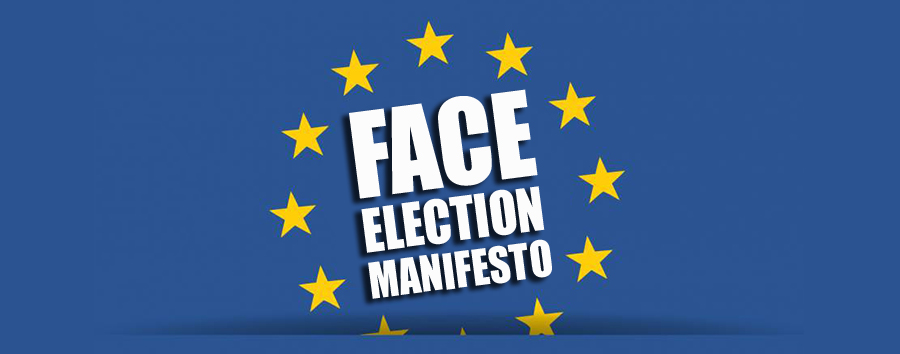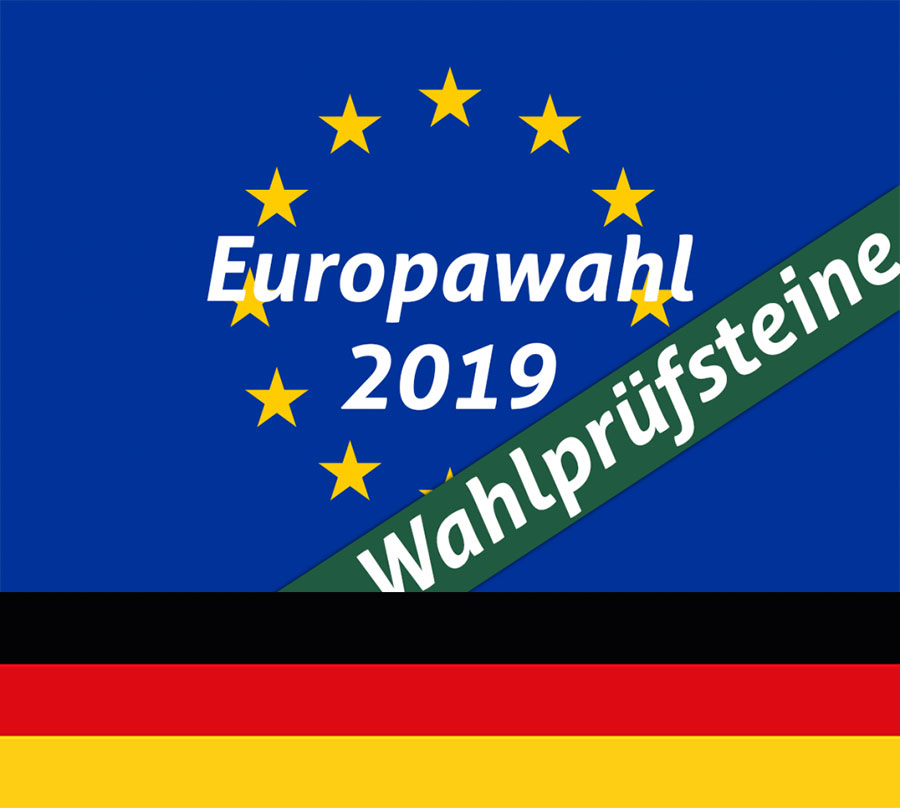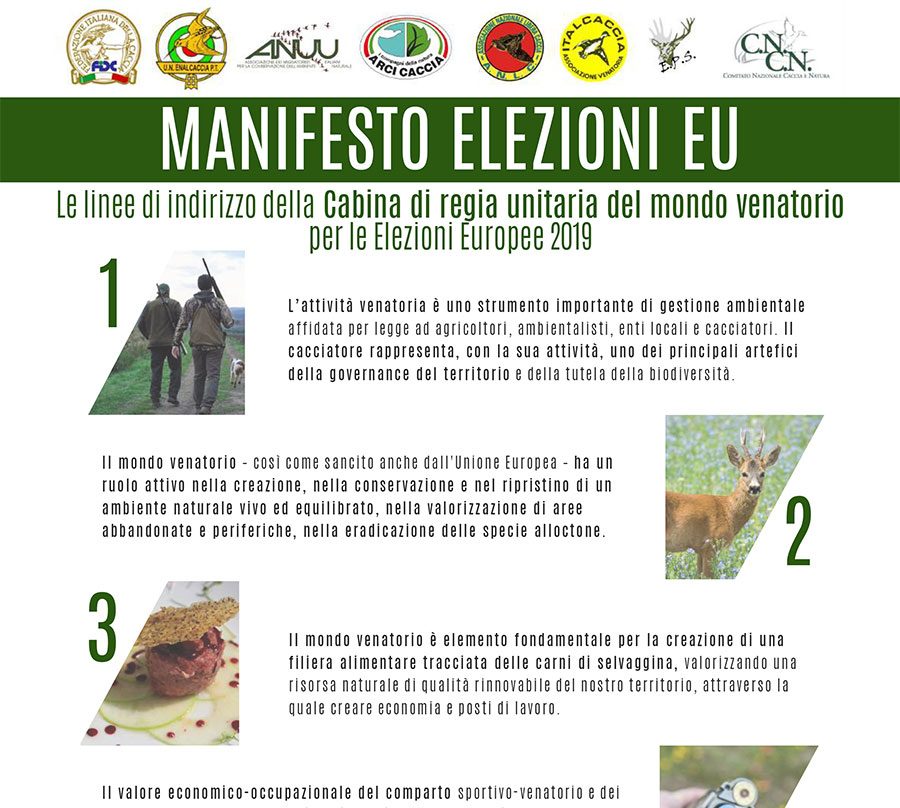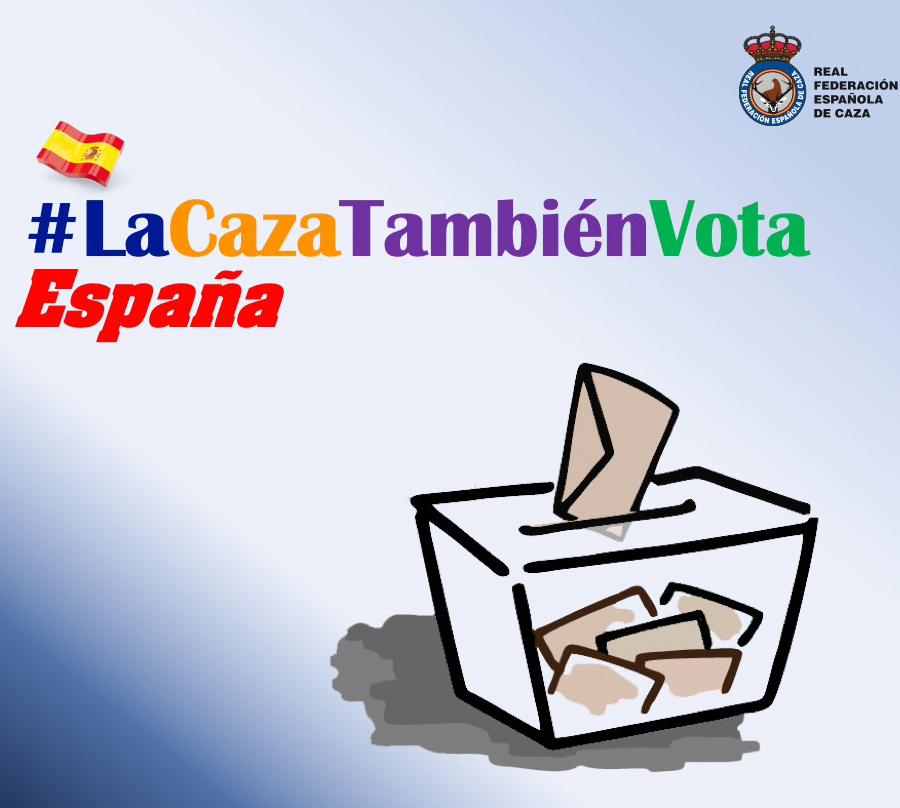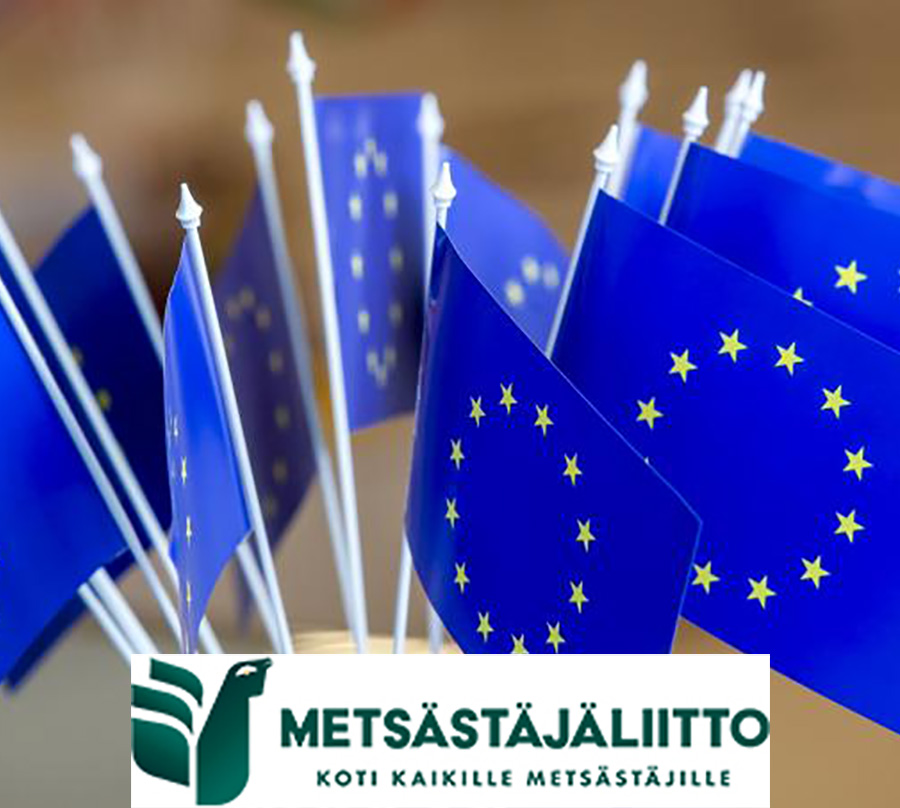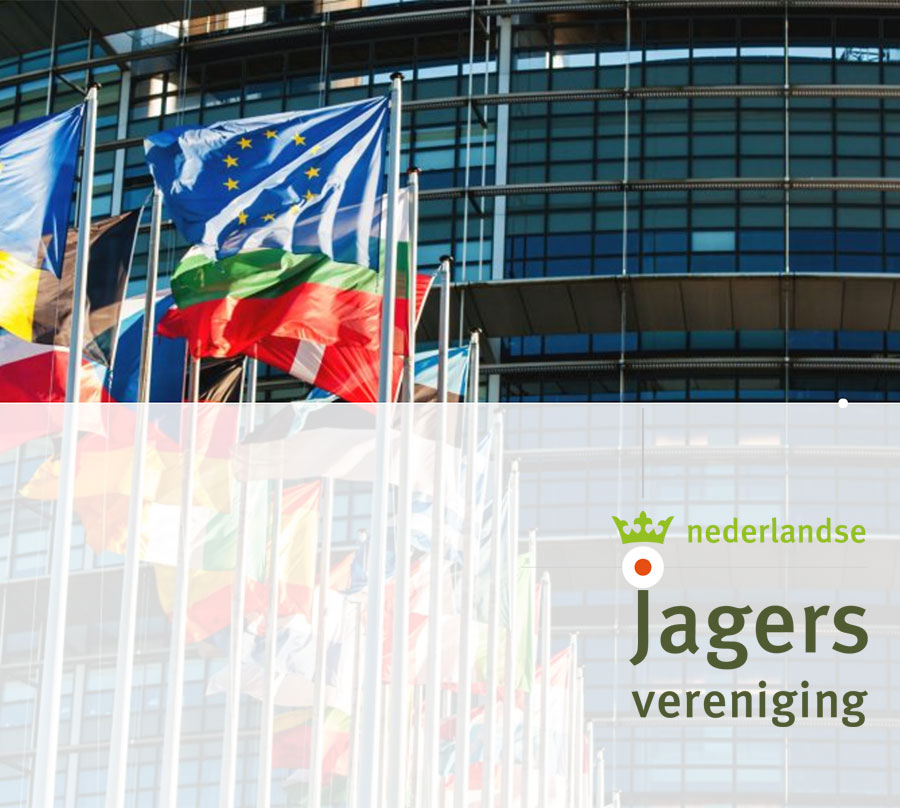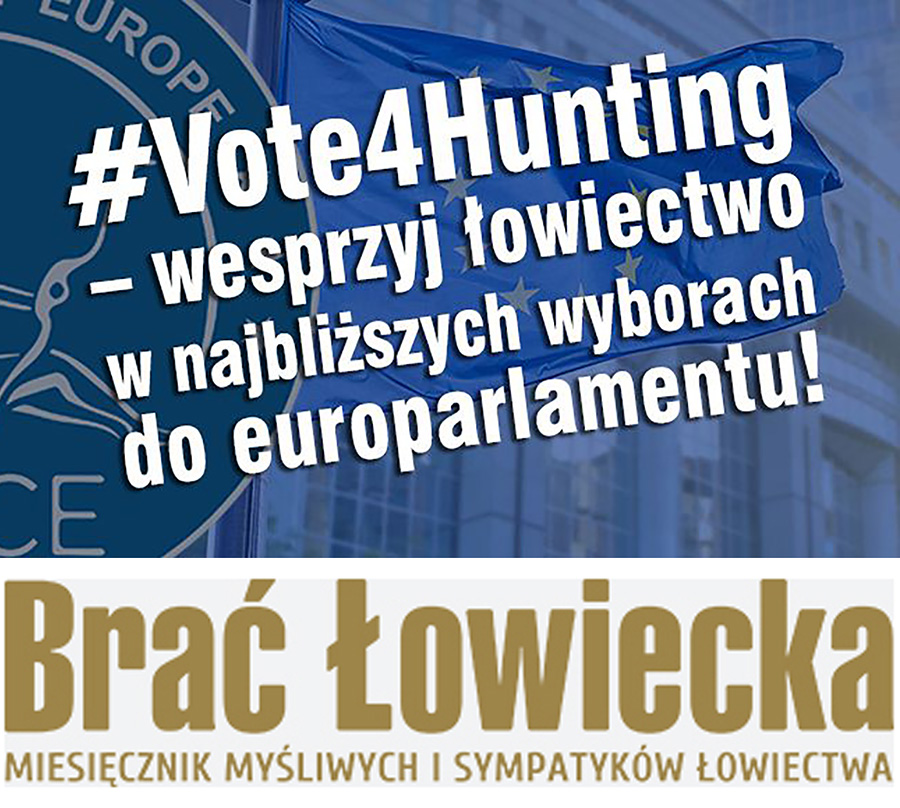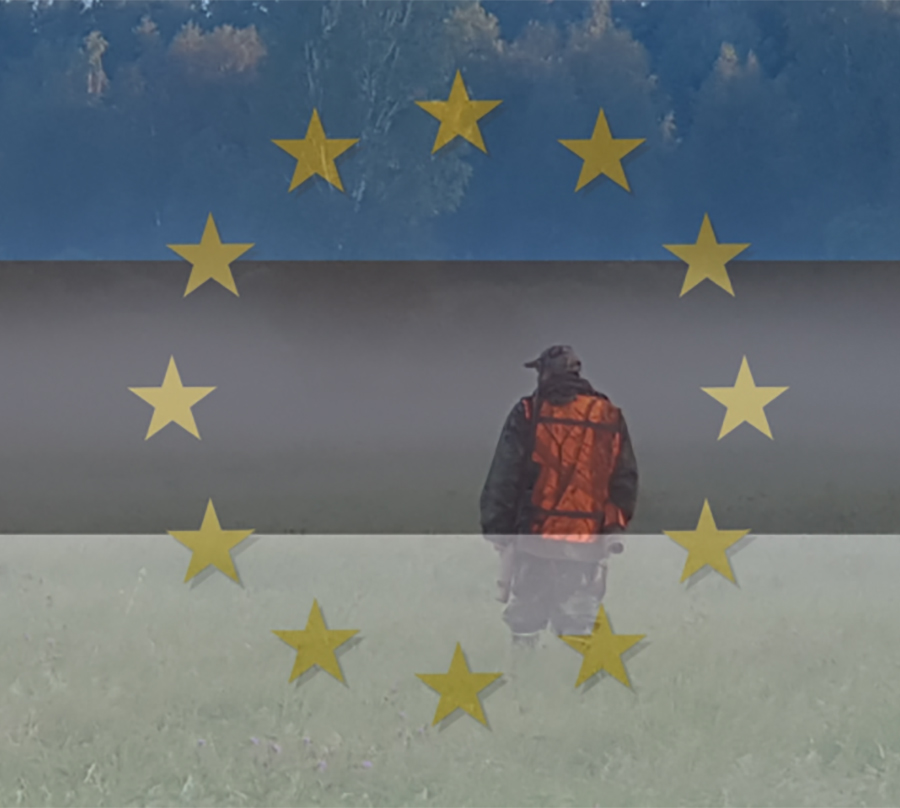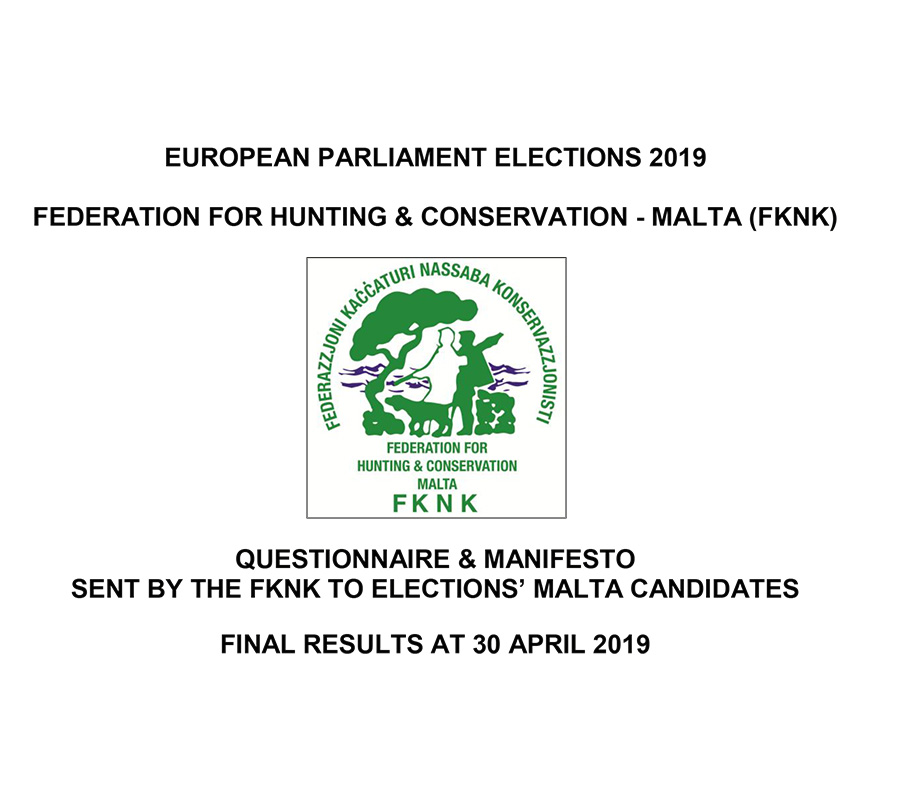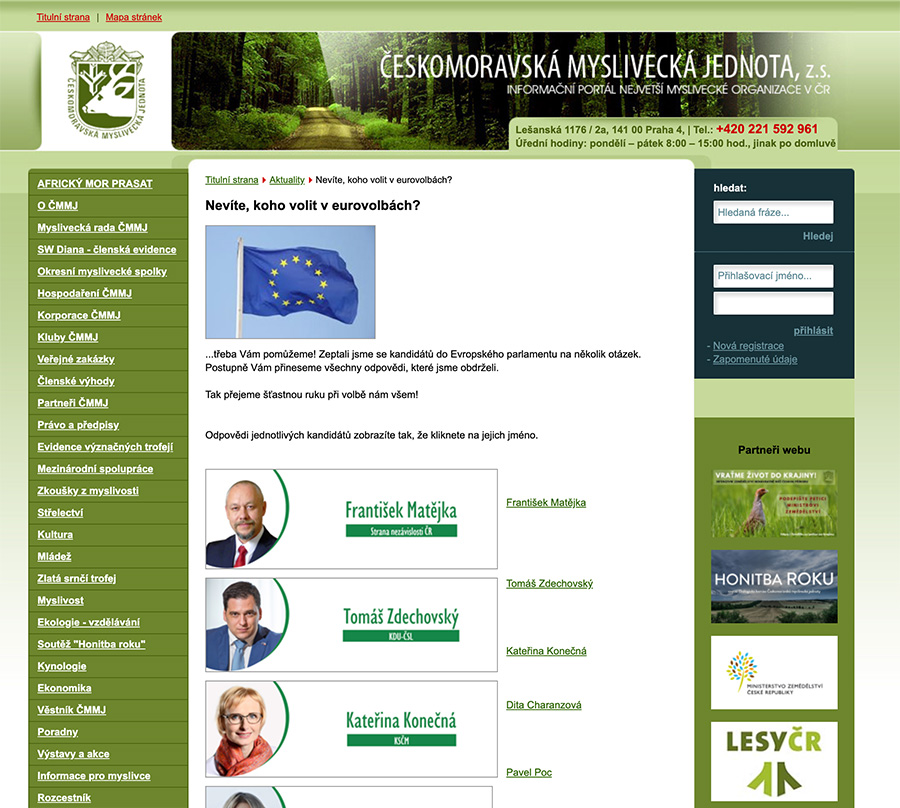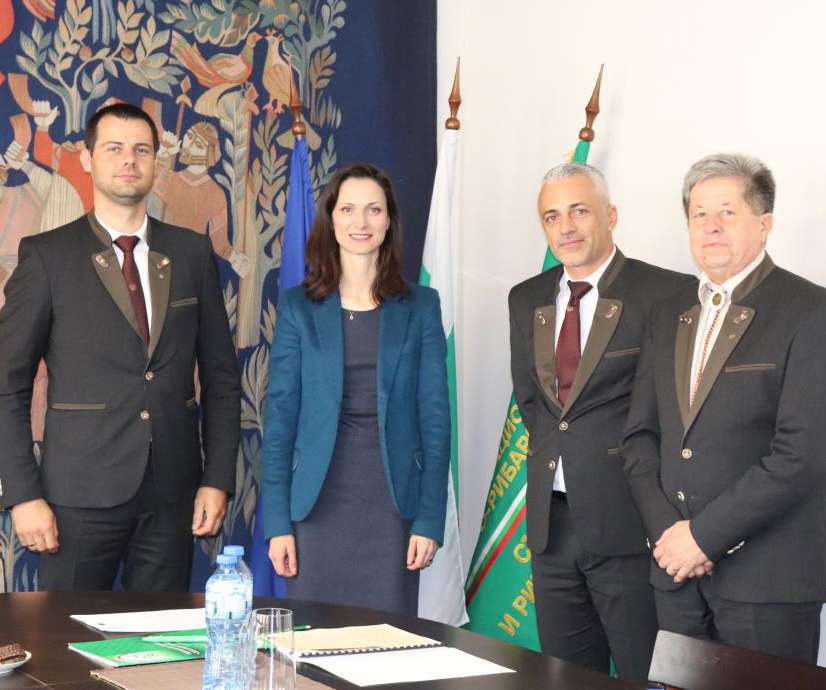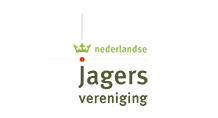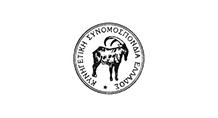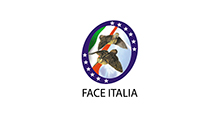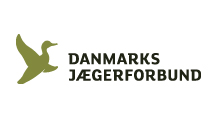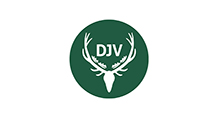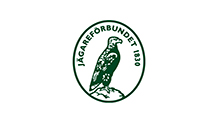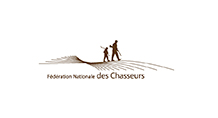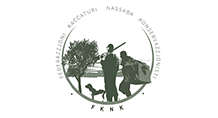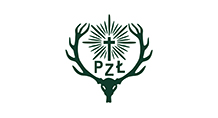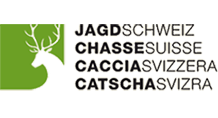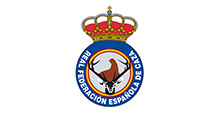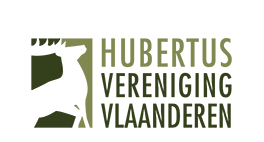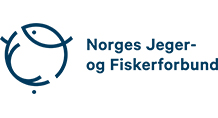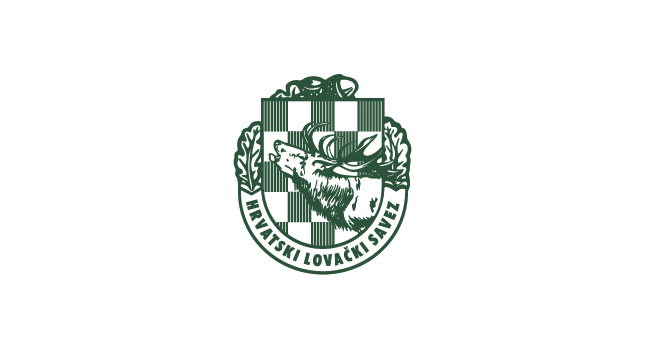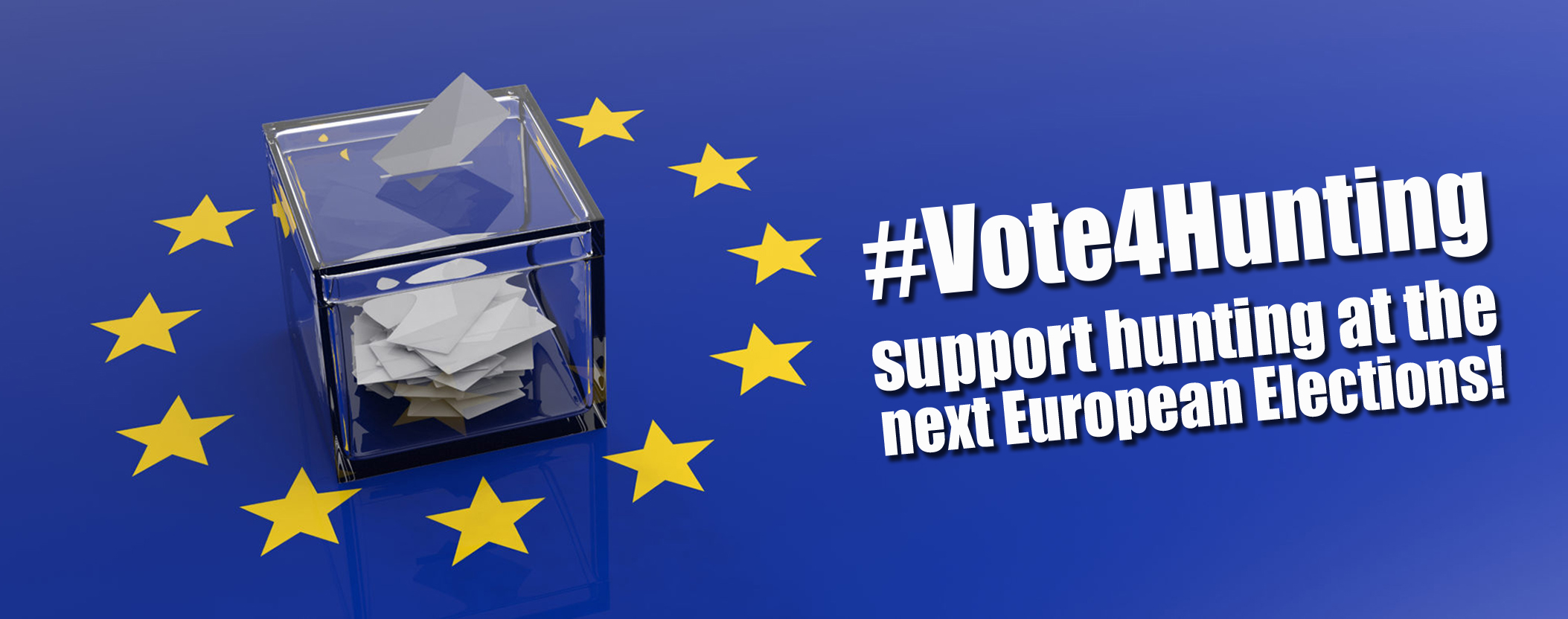
SUPPORT HUNTING AT THE NEXT EUROPEAN ELECTIONS!
The next European elections take place on 23-26 May 2019. They are of great importance to Europe’s hunters.
Through its membership, FACE is currently very active in raising awareness on the most pressing hunting issues during the political campaign for the European Parliament elections.
FACE’s mission is to promote and protect hunting in Europe, mainly through the EU institutions. The decisions taken in Brussels have a decisive impact on the direction that Member States give to the environmental policies, and this has huge effects on hunting and hunters in Europe: 85% of the rules affecting the environment and hunting come from Brussels - Torbjörn Larsson, FACE President

🇪🇺 THE FACE MANIFESTO FOR THE 2019 EUROPEAN PARLIAMENT ELECTIONS 🇪🇺
The European Federation for Hunting and Conservation (FACE) and the European Parliament’s “Biodiversity, Hunting, Countryside” Intergroup invite candidates and voters to support the following hunting-related policy statements:
CAP & Biodiversity
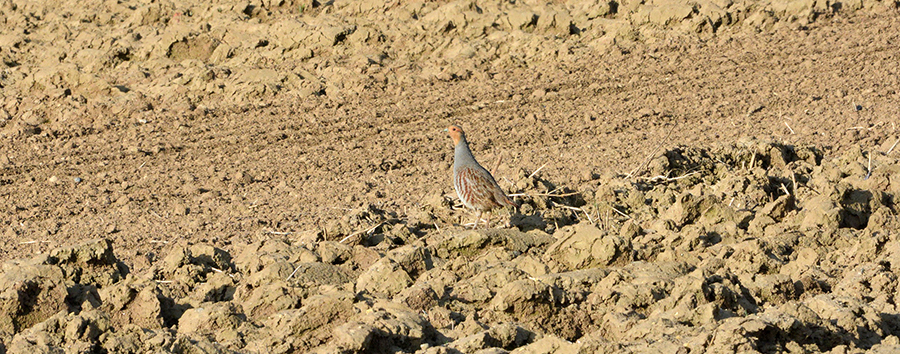
European hunters are aware that the Common Agricultural Policy (CAP) is a crucial support mechanism for agriculture and rural areas in Europe. FACE is calling for the next CAP to be stronger on biodiversity, in particular, for small game populations, which have reduced due to changes in farming.
Large carnivores
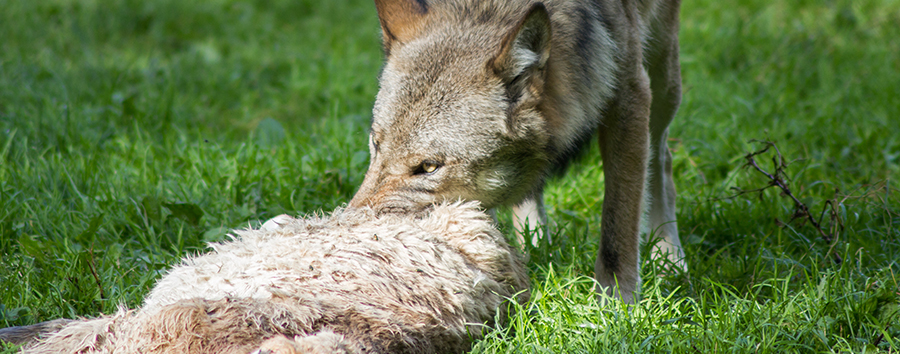
Many large carnivore populations are increasing and some do not qualify for strict protection anymore under the Habitats Directive. Their protection status should be adapted as soon as the desired conservation status is reached. This will allow Member States to have a more meaningful management of large carnivores in line with regional and local needs.
Firearms & Ammunition
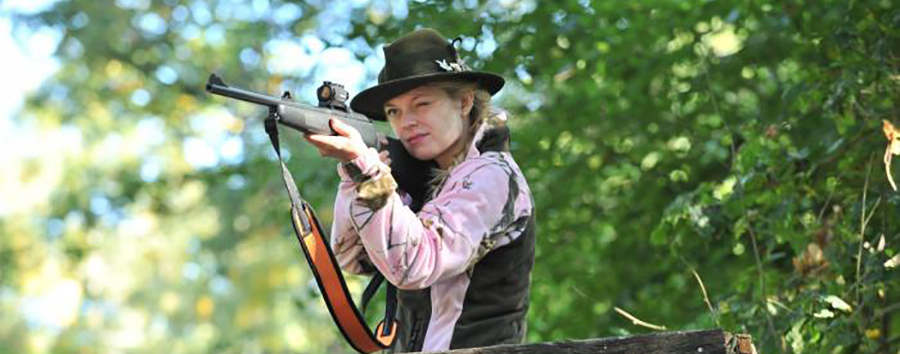
FACE and its Members seek to ensure that hunters can acquire, possess, use and travel with firearms and ammunition safely and without unjustified bureaucracy, costs or restrictions.
Migratory Birds

The next European Parliament should work to promote more flexibility in the management of abundant goose populations. Furthermore, regional and traditional hunting methods must be respected under the Birds Directive.
International Hunting
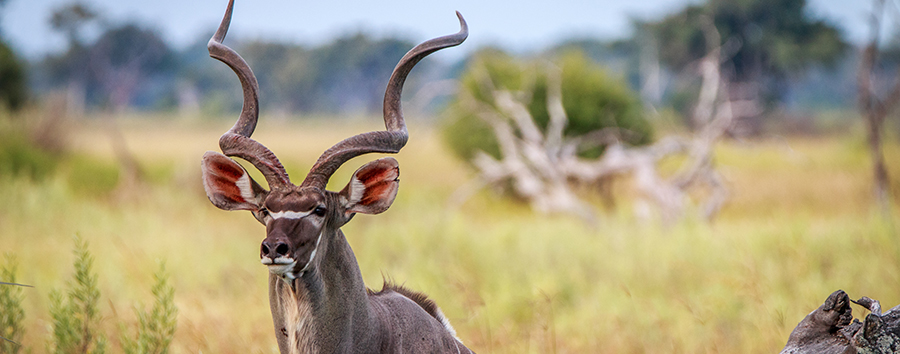
European hunters do not only hunt in Europe, but also in Africa and Asia. The multiple benefits, for example, to local communities and nature conservation, of international hunting must be sustained into the future.
🇪🇺 ACHIEVEMENTS AND FUTURE CHALLENGES FOR THE HUNTING INTERGROUP 🇪🇺
FACE is currently very active in preparing the re-establishment of the Intergroup, which will be performed by the new elected Parliament. The first steps are being made by our Members, who are promoting FACE and the Intergroup with the candidates running in the European elections.
Known as the “Hunting Intergroup”, the European Parliament’s Intergroup on “Biodiversity, Hunting, Countryside” was created in 1985 and is one of the oldest and most active parliamentary platforms. FACE has provided the secretariat for the Intergroup since its very first establishment in 1985. The European Landowners’ Organisation joined FACE in 2004, forming a co-secretariat.
During this parliamentary term, MEP Karl-Heinz Florenz has served as the Intergroup President and we are very grateful for his capacity to gain the active support of more than 100 MEPs from all parts of the political spectrum. His leadership promoted excellent dialogue on hunting and conservation issues in Europe and internationally.
Some of the past key events included a conference on “The Future of the Nature Directives: Where are we going?” (March 2017) marking the end of the Fitness Check process.
Some of the conclusions of this event helped to shape the European Parliament resolution of 15 November 2017 on the Action Plan for nature, people and the economy.
The Intergroup also provided a platform to discuss the revision of the EU Firearms Directive (March 2016) where concerns about the Commission’s proposal for legal owners of firearms in the EU such as sport shooters, hunters, collectors and museums were highlighted.
The “Biodiversity, Hunting, Countryside” Intergroup hosted a number of conferences that discussed one of the biggest challenges to nature conservation in Europe – the return of the wolf. For example, the conference “Coexisting with Large Carnivores: Challenges and Solutions” (October 2017) called for more effective measures to mitigate the increasing conflicts between humans and large carnivores in Europe.



